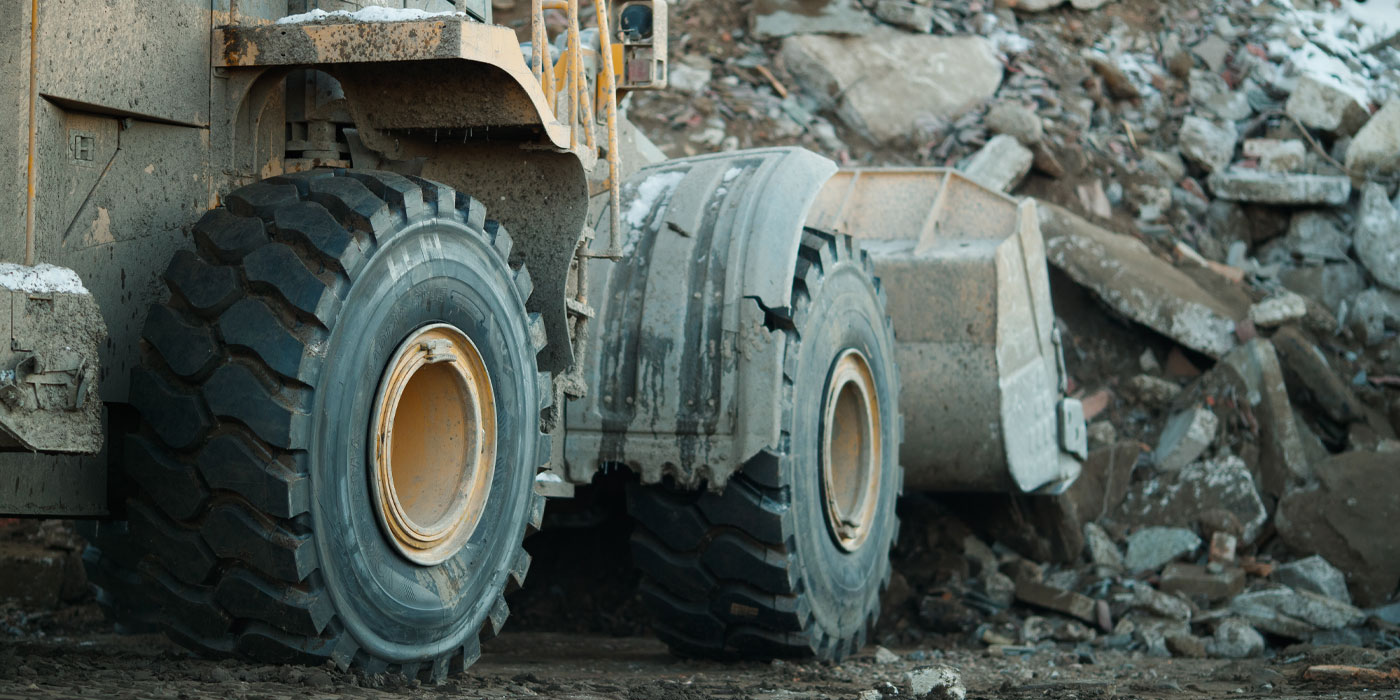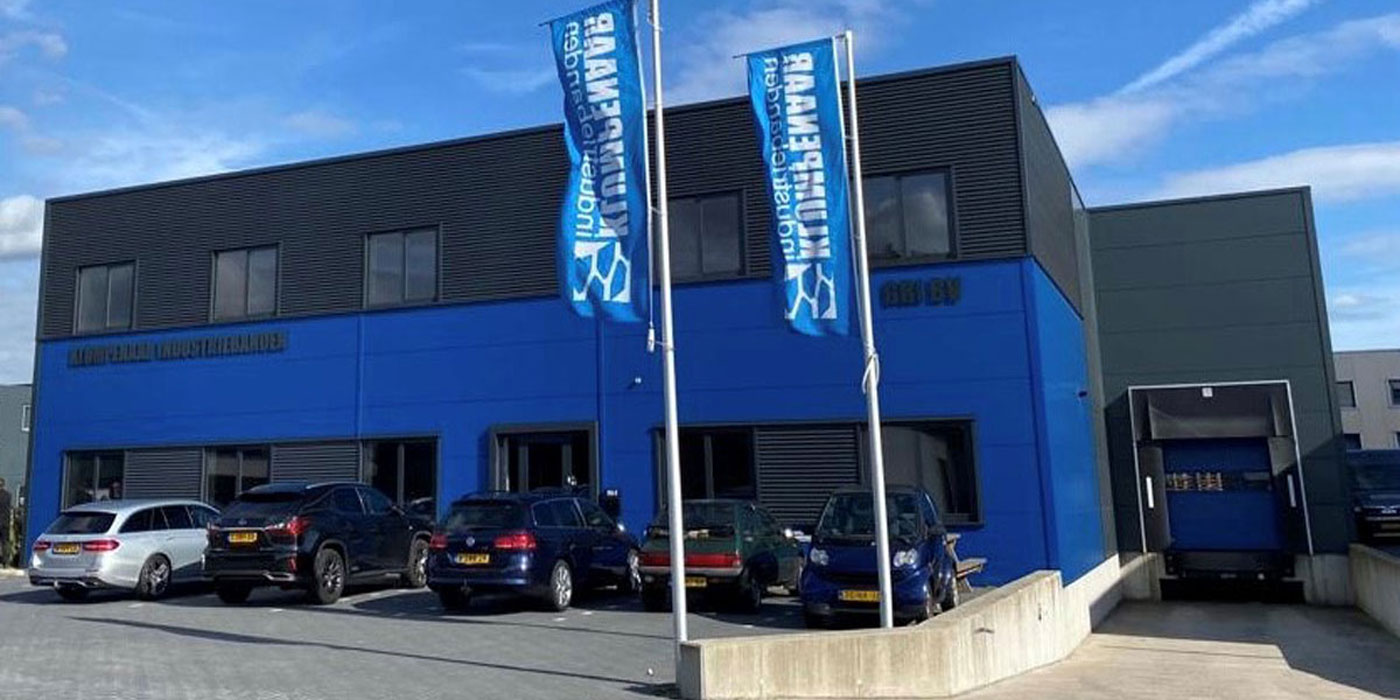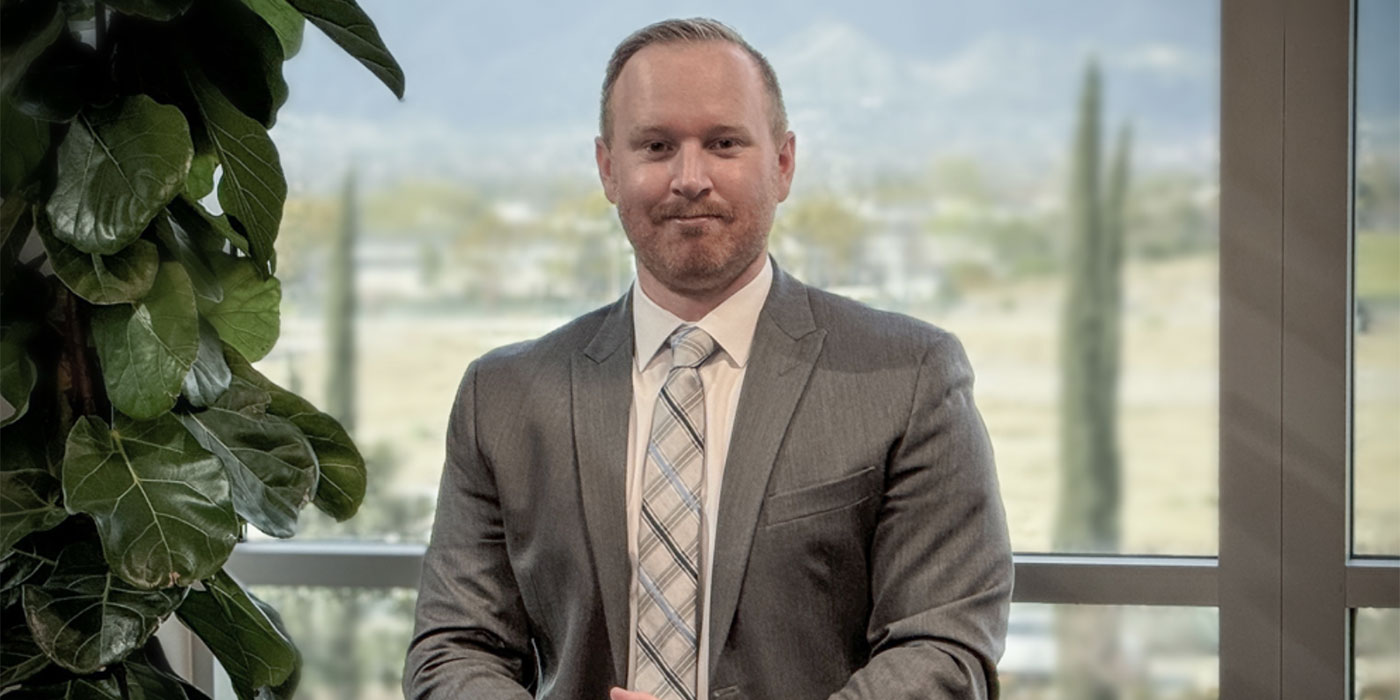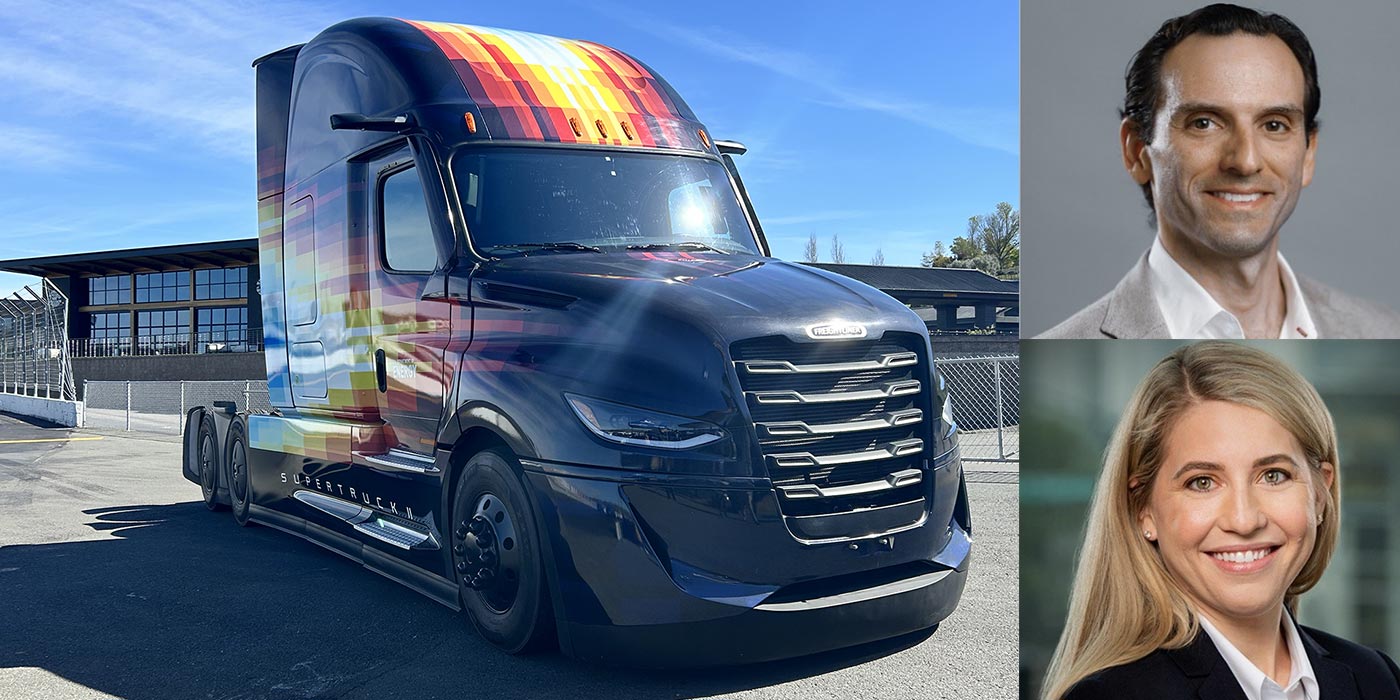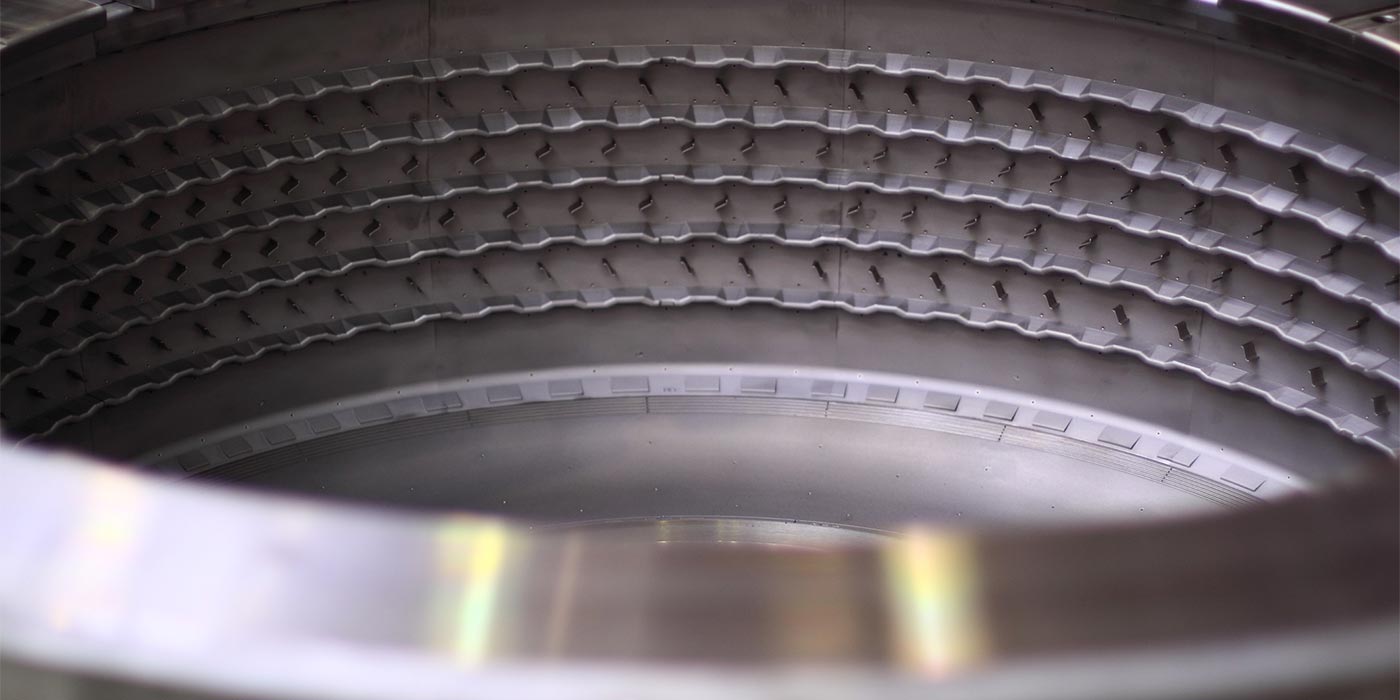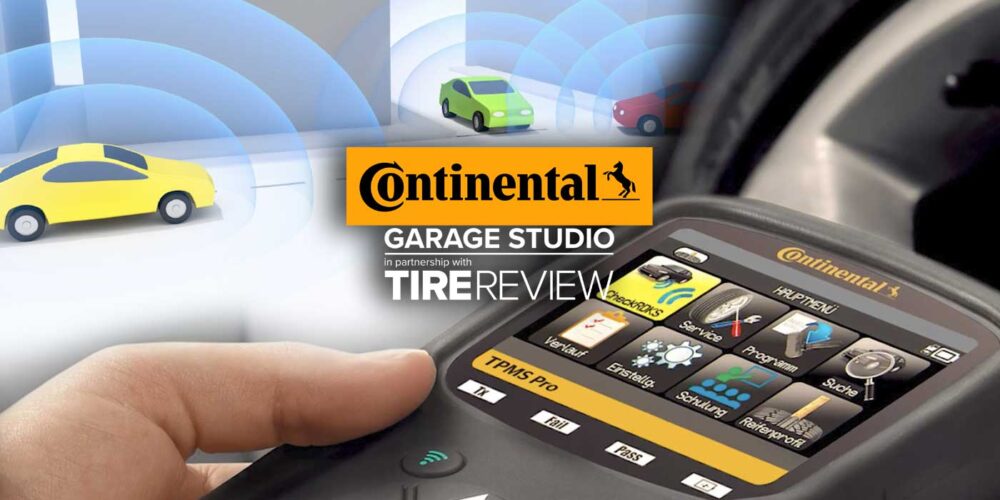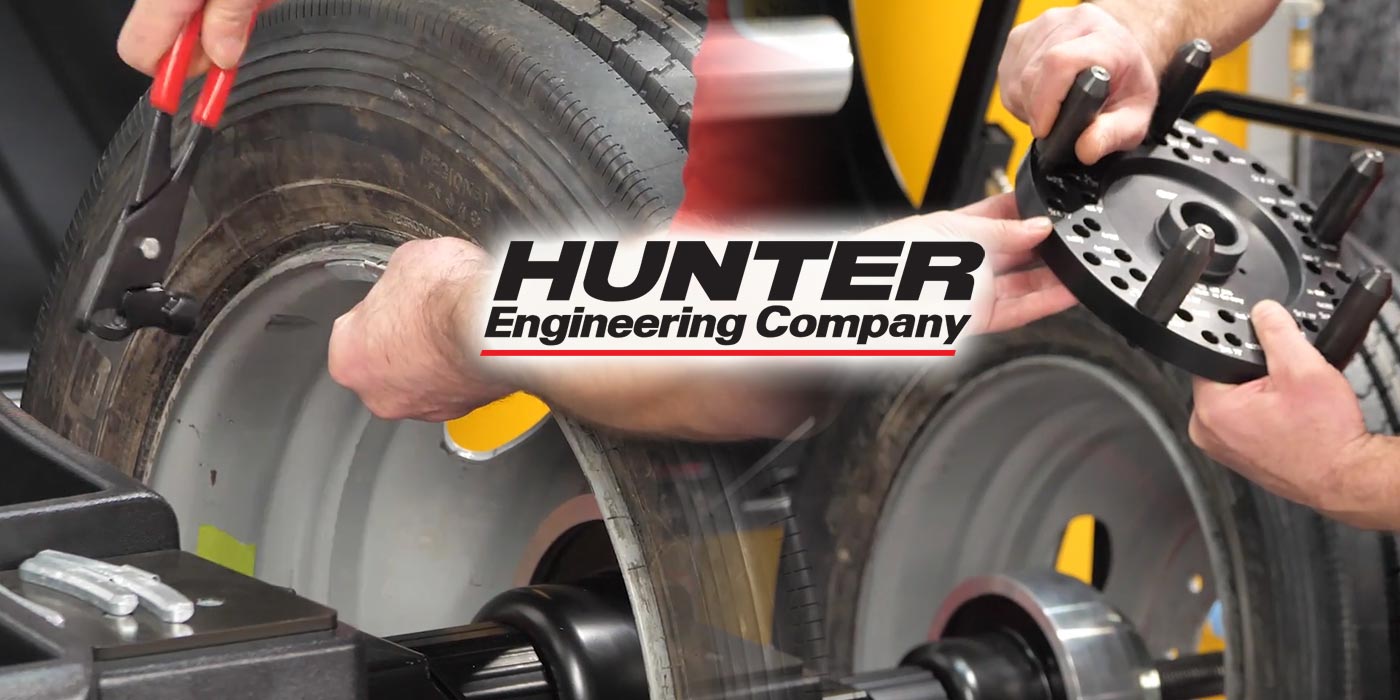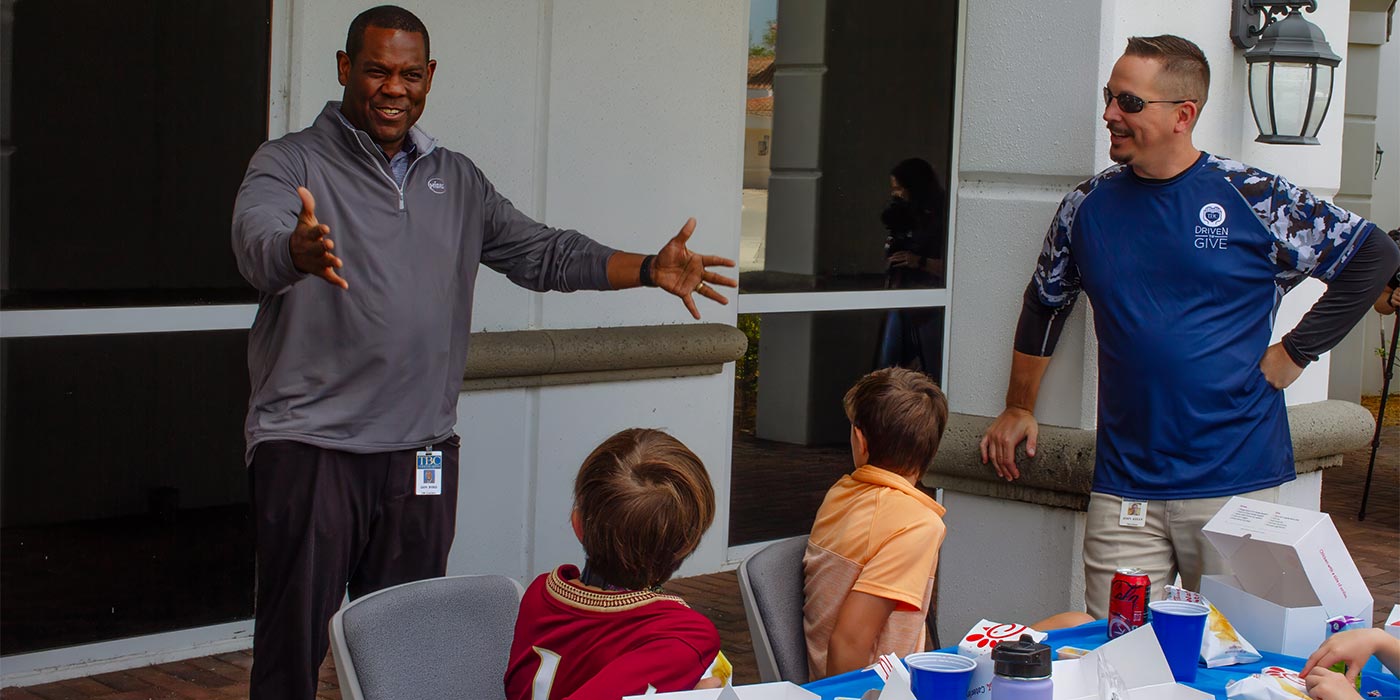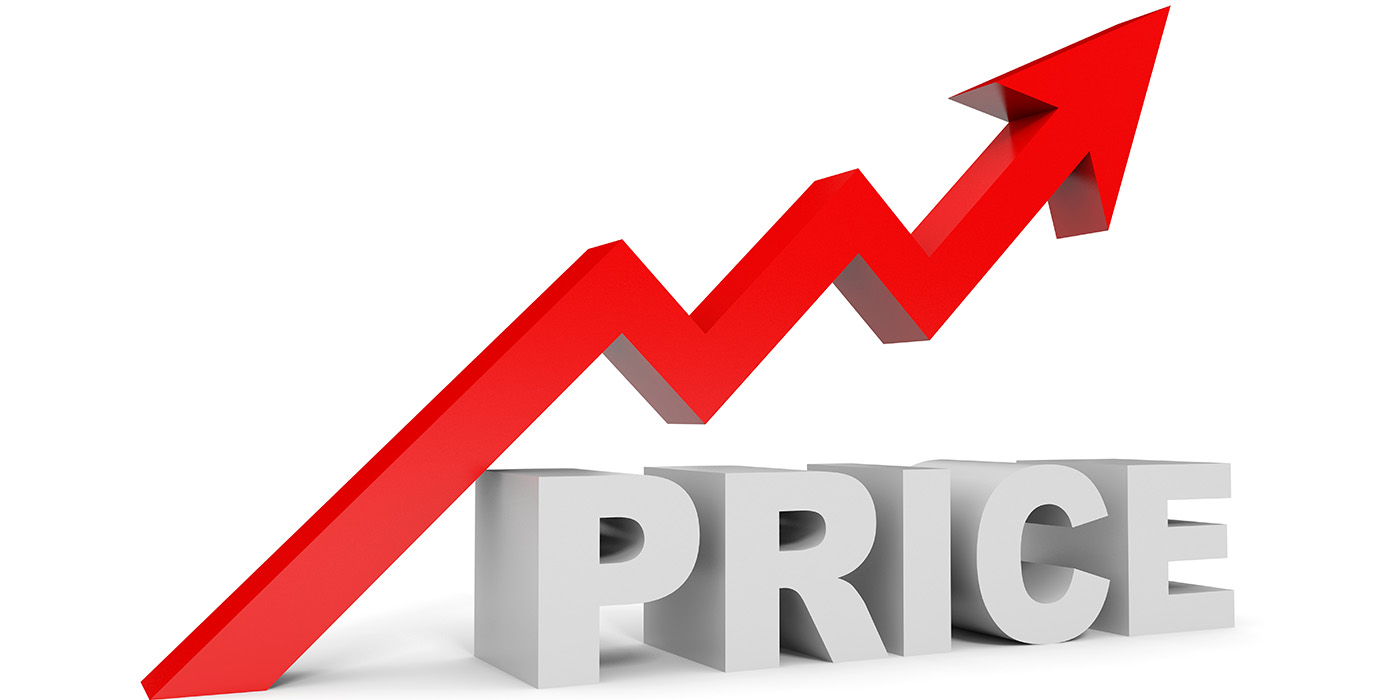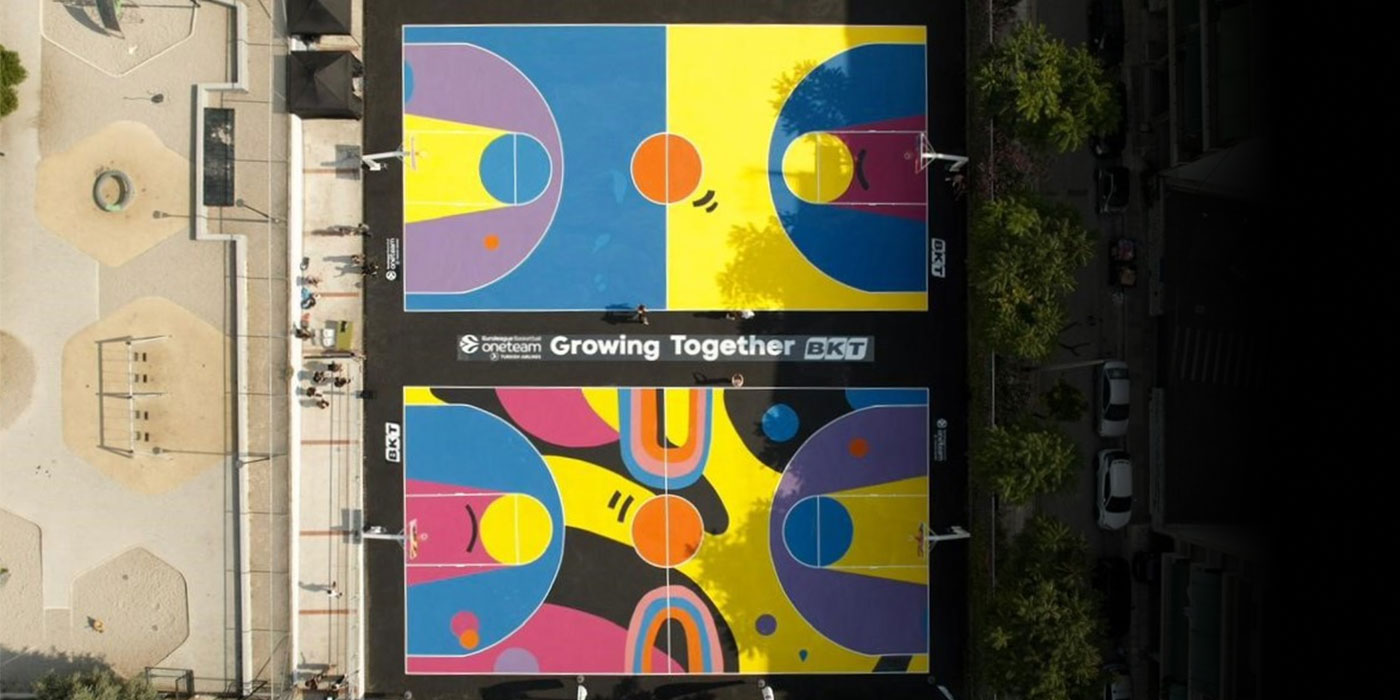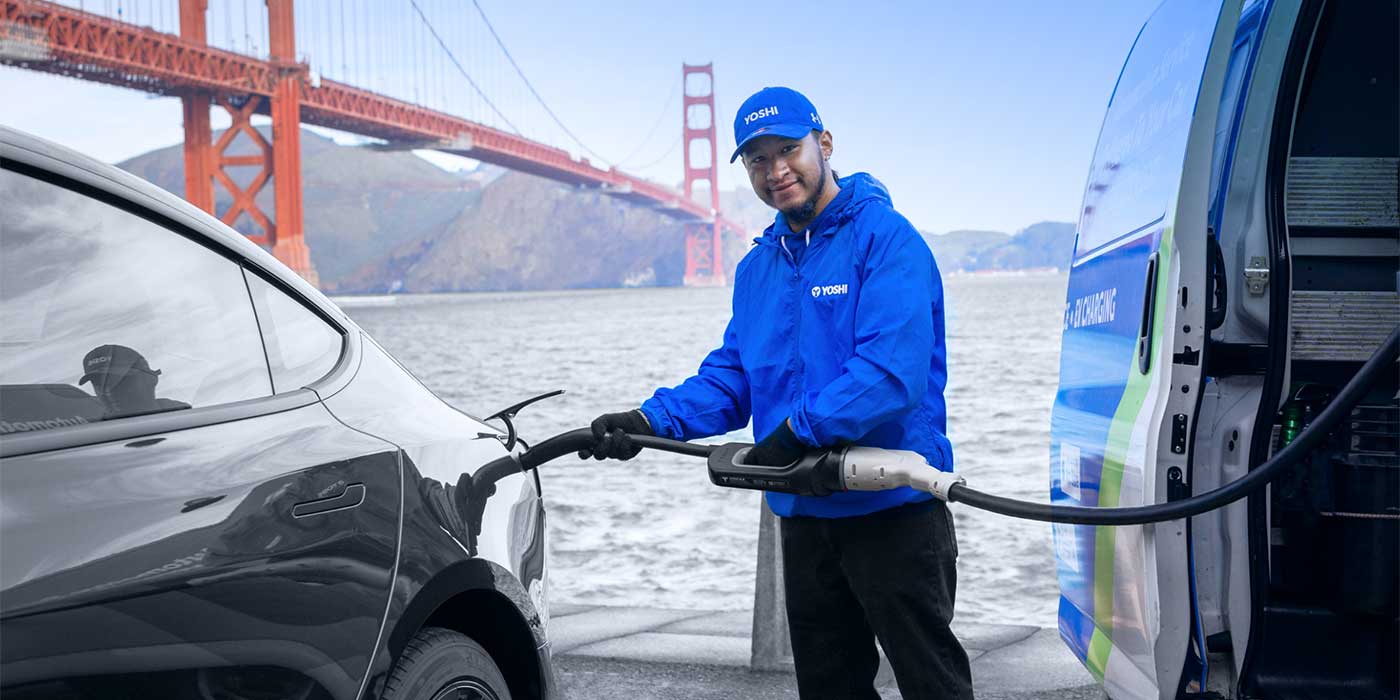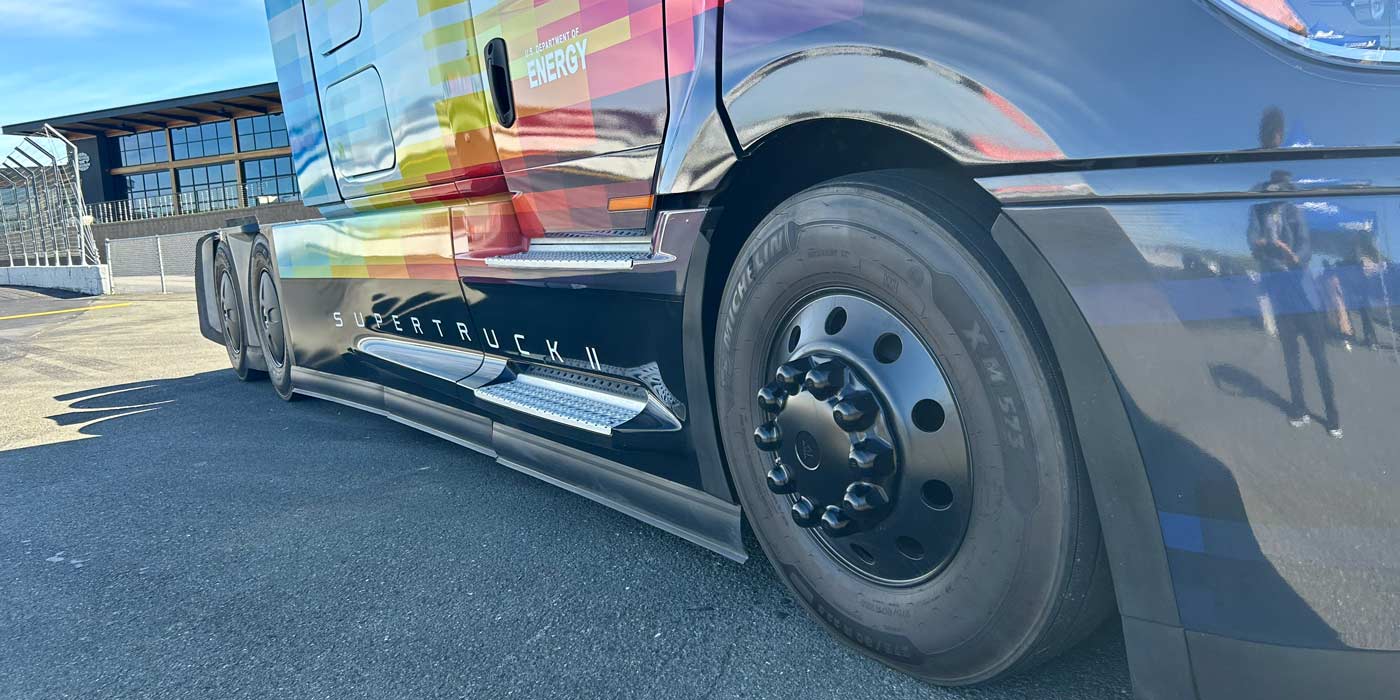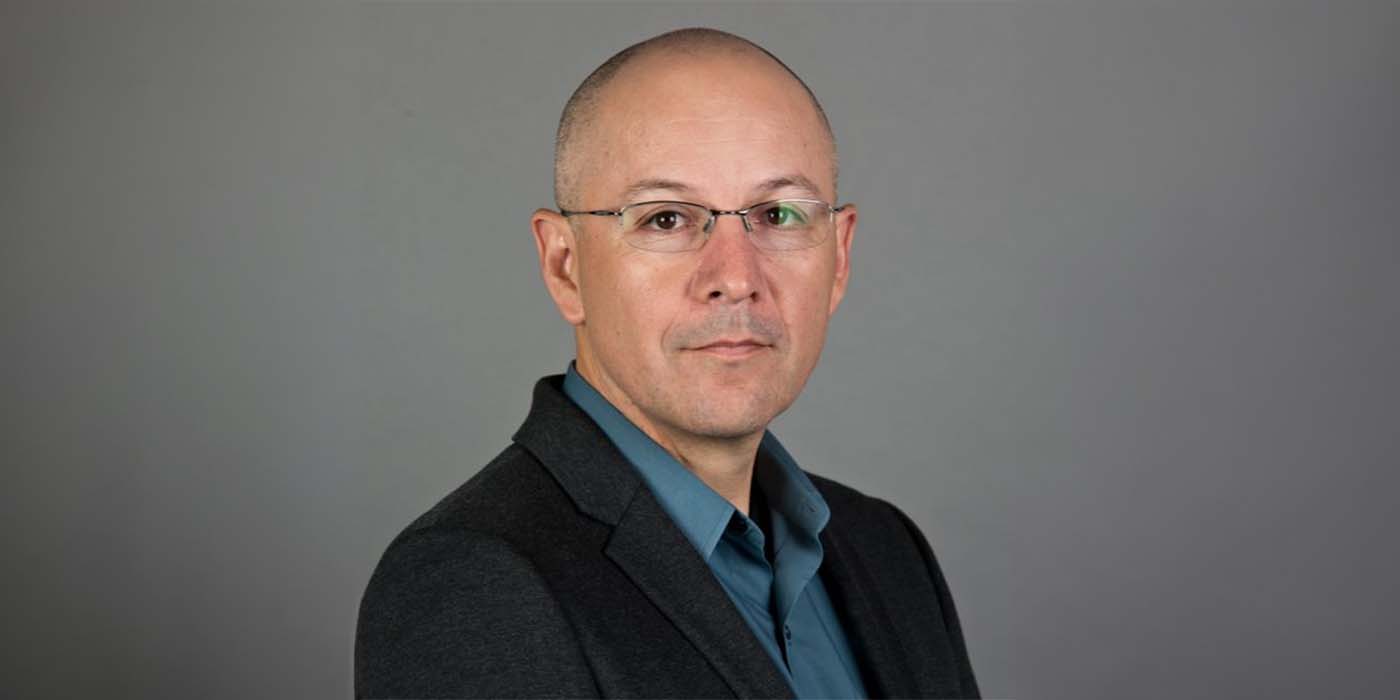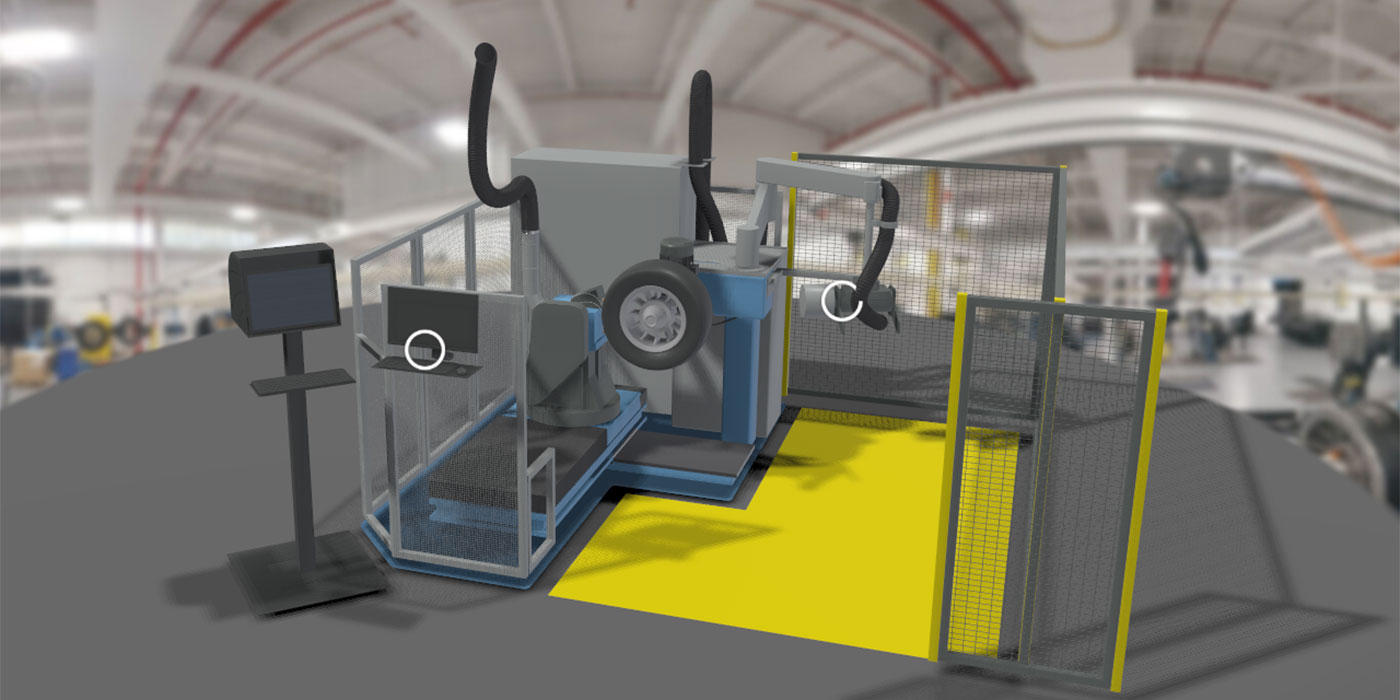From an economic point of view, Michelin should have sold its rubber plantation after it became obvious that the plantation in the North of Brazil, close to Salvador/Bahia, could not be managed successfully and would continue to lose money. But, instead of selling the plantation and abandoning the people, leaving them without hope, Michelin looked for other and better alternatives and created the Ouro Verde project.
This provides a safety net and gives the people in one of the poorest regions of the world hope for a future worth living. Had Michelin closed the rubber plantation without further ado, there would have been no great outcry – just a few hundred already poor people would have been affected, facing a bleak and hopeless future. So what?
Edouard Michelin drowned on Friday, May 26 in a boating accident when his fishing boat sank near the Atlantic coast. His body was found the same day close to the isle of Sein. He was only 42 years old. The body of his companion Guillaume Normant, who was, according to reports, an experienced fisherman from the region, has not been found. In the meantime the boat has been located on the ocean floor, 90 metres deep and it will remain where it is. Divers noted a rope fouling the ship’s propeller but it is not known whether this was a cause, or a consequence, of the accident.
The sudden death of the youthful Michelin chief is a great tragedy for his wife, his six children, his parents, his whole family and, of course for the company with its 130,000 employees, as well as for French industry and the tyre industry as a whole. One unsavoury aspect of the tragedy was that, within a few hours of the accident occurring, a handful of journalists rushed into print, saying that the group would probably now "be heading towards a crisis" and, therefore, expressed anxiety regarding the future of the world’s biggest tyre manufacturer.
Also, the fact that some analysts focused on Michelin management’s ability to achieve the EBIT targets but had nothing else to say about the tragedy was indeed sad. What a sorry world, where nobody can keep quiet and pipe down for a while in order to reflect on what has happened.
The official statements from the group itself were few and poorly composed, written by people who were obviously shocked and not knowing how to publicly handle the presentation of the news of the tragedy. The tone was business-like and formal. Under no circumstances, or so it appeared, should the impression be given that the company was having to work very hard to deal with the consequences of the accident.
But in personal discussions and telephone calls one could always feel their admiration for Edouard Michelin, who was the undisputed leader, bearing the weight of the company on his shoulders. One felt during the telephone call that the eyes of the speaker on the other end were filled with tears, even when they tried to control their sorrow and their consternation. And this was the case time after time: A dreadful tragedy but the Michelin people showed their pride in being part of the group and their willingness to do the best they could to overcome this major setback.
When talking with Edouard Michelin, he sometimes made the point that he had been in the tyre business for 42 years, thus illustrating the close connection between his family and the group. Just 22 years old, he had completed his studies at the Ecole Centrale of Paris and started his career with the Michelin group, beginning at a fairly low point and moving up through many different positions to the top over a number of years, before he replaced his father Francois as a patron of the group in 1999.
In 1991 he had already been named as one of the then three managing partners. Edouard Michelin led a big group with a great culture, built and developed under the leadership of Francois Michelin, who was Michelin’s chief for more than four decades. The now 80-year-old grand old man had, at the age of 28 years, become a personally responsible partner and, at the age of just 32 years, sole managing director of the company. Even then he had been affected and influenced by tragedies.
His father, Etienne Michelin, then only 33 years old, died in an aircraft crash and only few years later, his uncle, Pierre Michelin, aged 34, who had taken over the leading position within the company died in a car accident.
Francois Michelin led the company according to firm principles, better known as the five values and which are still valid today:
• Respect for the customers
• Respect for the people
• Respect for the shareholders
• Respect for the environment
• Respect for the facts
It is the customer who has the free choice and is, therefore, the boss of the company, said Francois Michelin at all times. Therefore, he said, one must understand and satisfy the customers. As far as people are concerned, one should encourage an environment that allows people to develop their abilities and creativity. But it is also important to respect facts and to consider their influence on economic results. Facts determine possibilities. And it is the shareholder who provides the group with the opportunity for growth and future expansion. Respect for the environment is taken as read, because we are all part of the environment itself and rely on its continued well-being.
Francois Michelin explained in a speech in 1996: "there is no lesser responsibility.
Everyone, at whatever level, carries full responsibility for everything he does or fails to do regarding the people and the shareholders.”
It was with deep interest that one observed the transfer of the baton from father to son, which happened so smoothly and perfectly that there have been very few comparably efficient transitions in the business world. Much faster than many expected, Edouard Michelin succeeded in persuading his people to recognise him as the new leader, which gave him the chance to introduce necessary changes in a short period of time.
But Edouard Michelin always believed and demonstrated how important the five values were, are and will be in the future. He underlined this with the introduction of the "Michelin Charter – Performance and Responsibility," which ran to more than 100 pages. Much of this was originated by Edouard Michelin himself and the Charter will always be regarded as Edouard’s work. It describes in detail what the values stand for, what is meant by them and how important it is to stick to these values.
The Charter was influenced by the fact that the Michelin family is relatively conservative and down to earth, and members of the Catholic faith. One of Edouard Michelin’s brothers is a priest and a sister is a nun. Alain Etchegoyen, a philosophy professor well-known in France, described in the newspaper Les Echos on June 6, 2006, the influence of the family on the entire company.
To non-French ears, it might sound strange and even lyrical, but it touches the French soul. The Michelin company, he said, stands for reliability, loyalty, integrity and other "traditional" values and the company has always showed its willingness to defend these important values, which are no less important also for society, the country, cities, towns and the citizens.
The company – that’s the credo – never forgets that it is producing goods for people, made by people. Etchegoyen describes the Michelin group as a good piece of France, which will hopefully continue to defend the traditional and true values. In such an atmosphere, inflexible strategies cannot be followed and managers cannot put fortunes
into their own pockets.
It is, by the way, no secret at all that Edouard Michelin earned 2.3 million Euros during a record year for the group, but earned almost nothing in less profitable years.
Against this background, Edouard Michelin’s death is a tragedy for the whole tyre industry, the employees of Michelin and for its rivals worldwide. Not only has Michelin suffered a great blow and lost a leader who is irreplaceable, but the whole industry now needs another leader to give the industry new hope and the confidence that, even in difficult times, it is possible to reach an harmonic balance of all the different parties’ interests – employees and shareholders, customers and suppliers alike. In this respect Edouard Michelin was the epitome.
One should not have to worry about good or better EBITs in the future for the
French group, but the main concern will remain whether or not the group will continue to follow its own values as carefully and as persistently as it has up till now, in order to make sure that the balance between all the different interests and groups will be achieved.
This obituary is not written to go back over the details of Edouard Michelin’s leadership; anyone can do that at any time. Those people might mention the Formula 1 events, the Challenge Bibendum or the restructuring of the company with its regions and product lines as the highlights of Edouard Michelin’s work.
Much more important was the fact that he opened doors and made Michelin into a real global player. What is, and always will remain, true is the fact that, in Edouard Michelin, the group was led by a great leader for whom the Michelin Charter was something of a statement of faith.
Edouard Michelin was a person who liked and respected other people from all backgrounds and who was interested in their futures. He was a leader who every day did exactly the same as what he expected from others. People who were close to him and those who knew him less well have all referred to his humility and modesty and as someone who never lost direct contact with people from poorer and simpler backgrounds.
Today one can still regard Michelin as a family-owned enterprise in which the owner knows its employees and cares for their well-being, not only during working hours but outside them too. Respect and loyalty is never a one-way street and it only functions if employees know that the owners and managers are thinking on the same level, and are people for whom respect, fairness, loyalty and honour mean something.
I know some people who left Michelin, or were forced to leave for many different reasons. But – without exception – all these people still feel a sense of loyalty towards the Michelin company. That deserves admiration, but it is not a miracle.
In this context it is very understandable what Edouard Michelin said: “For Michelin it would have been totally unthinkable to leave people in the lurch who have shown their loyalty to our group over so many years.” These values of decency, honour and fidelity are more than empty words. Edouard Michelin lived and acted according to the Michelin Charter. One just has to admire him for that. He earns respect for having been successful in balancing all the different interests and all the different demands properly and fairly and not ignoring some party or other.
While other big leaders are aiming to maximise profits and seeing this as an end in itself, future Michelin leaders will continue to ask “from where, and due to whose efforts” were the profits are realized and what is to be done with the money in the future.
Values such as respect, loyalty, reliability and integrity are very old, but, at the same time, very modern. It is hard to find a Michelin employee who doesn’t support and live by those values every day. I consider it a privilege that I was allowed to meet with Edouard Michelin, not only at official events, but also in exclusive meetings in recent years. Edouard Michelin was a man for whom I had the utmost and deepest respect.

